GNAPS calls for urgent subsidy of BECE charges for private schools
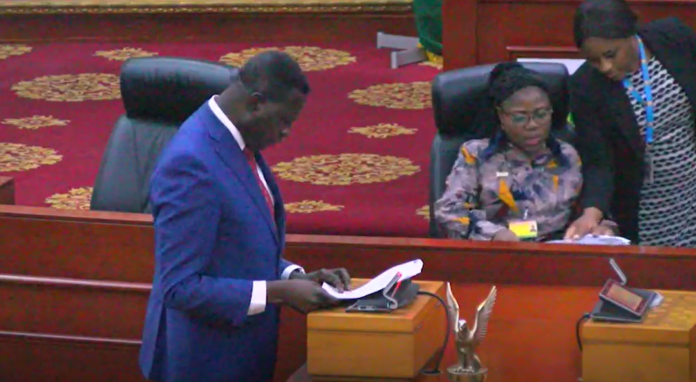
The Ghana National Association of Private Schools (GNAPS) has issued a strong call for the government to provide immediate financial assistance/ subsidy for the Basic Education Certificate Examination (BECE) charges faced by private schools and it’s students.
Highlighting a systemic disparity, GNAPS contends that the current funding model unfairly burdens private institutions and their students, necessitating urgent action to level the playing field.
Prof. Damasus Tuurosong, the President of GNAPS, spoke emphatically to Starr News about the challenges confronting private schools due to the hefty examination charges imposed by the West African Examinations Council (WAEC).
He criticized the system as inherently unfair and economically burdensome, particularly for low-fee private schools. “The new levy is suffocating and crippling our operations,” Prof. Tuurosong remarked, stressing the financial strain these schools face.
He also addressed the distressing prospect that many students might be unable to participate in this year’s exams due to the prohibitive costs.
This situation, he argues, could force families to withdraw their children from private schools, thereby undermining the educational diversity and options available to Ghanaian students.
Moreover, Prof. Tuurosong took issue with the government’s current 30% priority placement system for Senior High Schools (SHS), which he claims disadvantages private school students during the critical transition to higher education.
ALSO READ: Relief and Aid International launches scholarship scheme for needy students
According to Prof. Tuurosong, even after parents shoulder the burden of paying the steep BECE fees, their children face further discrimination by being potentially excluded from Category A schools, which are often perceived as offering superior educational opportunities.
“This policy effectively penalizes private school students after their families have made significant financial sacrifices for their education,” Prof. Tuurosong added. His remarks underscore a broader concern about equitable access to educational resources and opportunities in Ghana.
GNAPS’s advocacy for subsidy intervention is driven by a commitment to ensure that all students, regardless of the type of school they attend, receive equal treatment and opportunities.
The association is urging the government to consider the broader implications of the current policy, which not only impacts families’ finances but also the operational viability of private schools and the overall health of Ghana’s education system.
The association is calling for a reevaluation of both the examination fee structure and the SHS placement policy to foster a more inclusive and equitable educational environment.
By addressing these issues, GNAPS hopes to promote a more just system where private school students have the same rights and opportunities as their counterparts in public schools.
This push for reform highlights the ongoing challenges within Ghana’s educational landscape, where issues of access, affordability, and equity continue to stir debate among educators, policymakers, and the families they serve.
GNAPS’s stance reflects a growing consensus that for Ghana to achieve its educational goals, it must ensure that all children, irrespective of their socioeconomic background or the type of school they attend, can compete on an even footing.
Share Our Post on the Topic ‘GNAPS calls for urgent subsidy of BECE charges for private schools’.
To Read More Stories, Click Here.


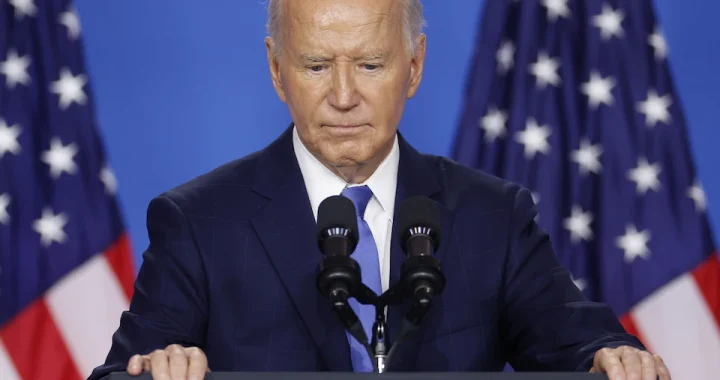 BREAKING: President Biden Announces Decision Not to Seek Reelection
BREAKING: President Biden Announces Decision Not to Seek Reelection 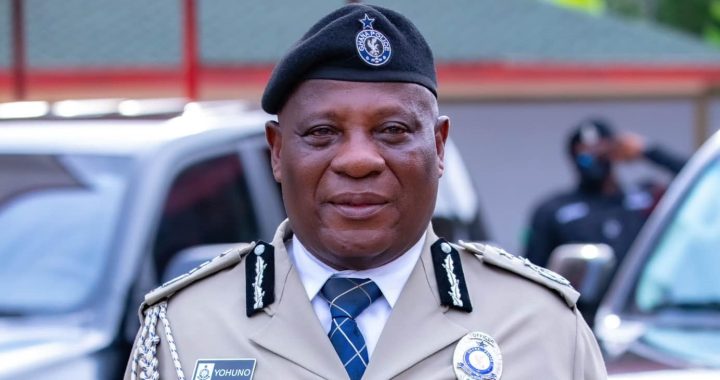 Real Reason Behind the Appointment of Yohunu as Deputy IGP
Real Reason Behind the Appointment of Yohunu as Deputy IGP 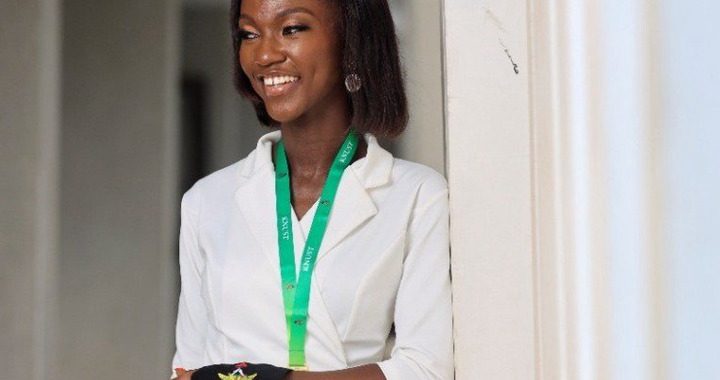 Brother of Lois Reveals Why There was a Month Delay Before Announcing Sister’s Death
Brother of Lois Reveals Why There was a Month Delay Before Announcing Sister’s Death 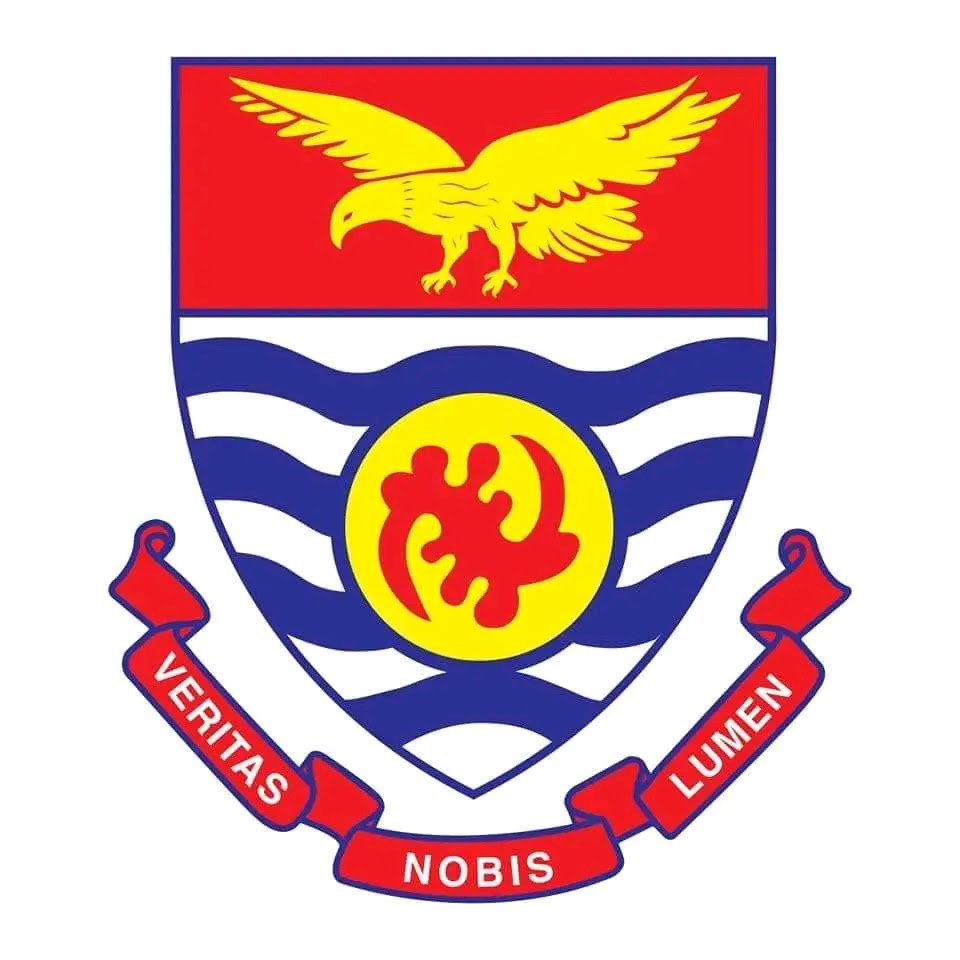 UCC extends admission deadline for Ed. degree programme (Switch 3.1)
UCC extends admission deadline for Ed. degree programme (Switch 3.1) 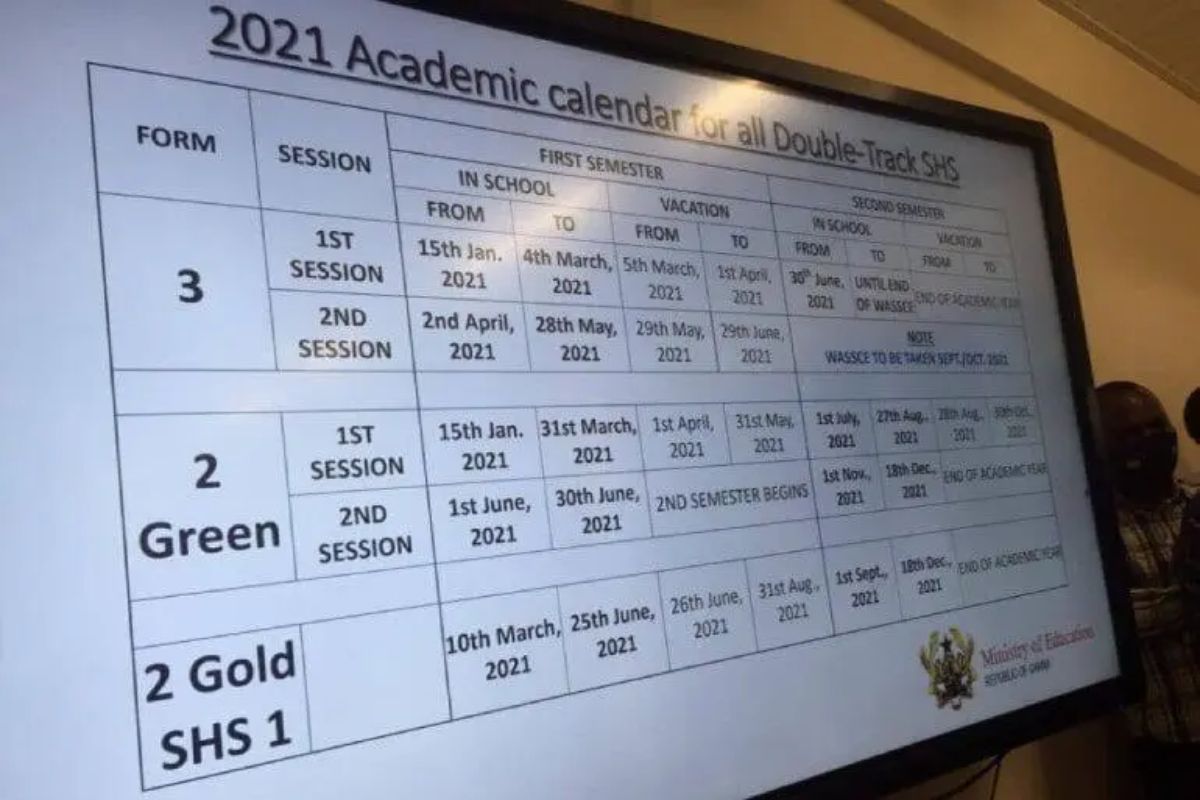 2024-2025 Academic Calendar for Private Schools Out
2024-2025 Academic Calendar for Private Schools Out 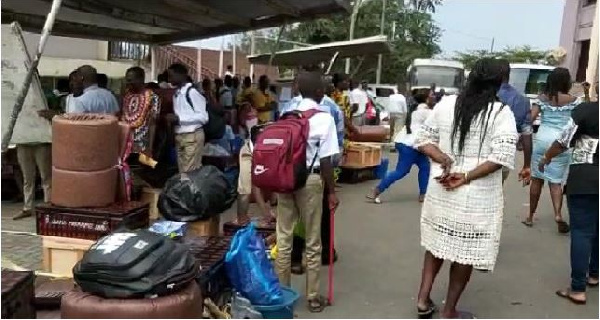 2024 BECE Graduates To Start SHS In September -GES
2024 BECE Graduates To Start SHS In September -GES 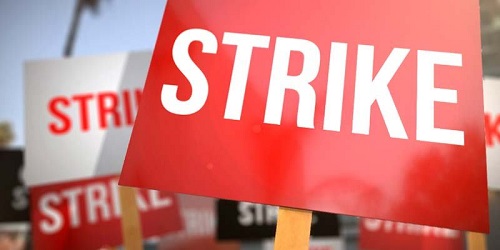 Services That Will Halt If Organized Labour Strikes On Monday
Services That Will Halt If Organized Labour Strikes On Monday